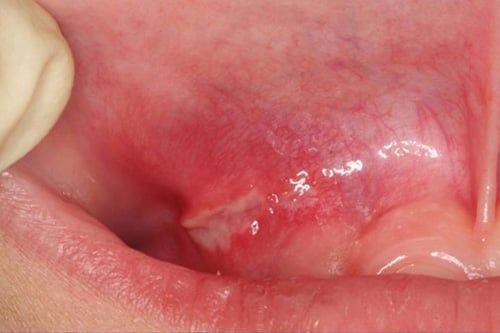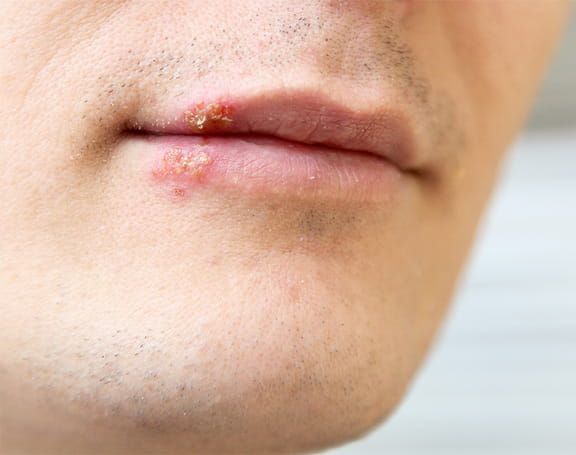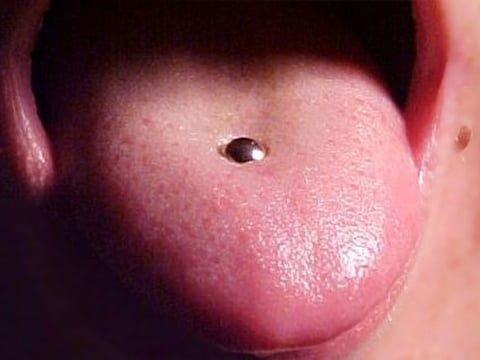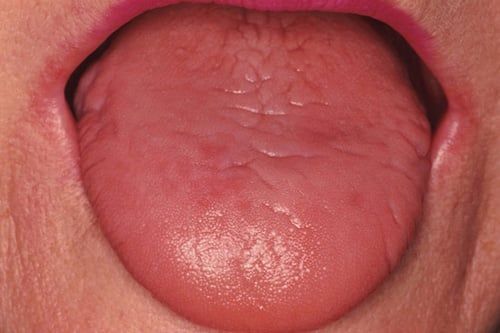Dental FAQs
What are cavities?
Cavities generally develop in the "hard-to-see" places in your mouth. These are normally the places where you need to floss. When bacteria combine with food particles, they form plaque that adheres to your teeth.
As long as plaque remains on the tooth, acid produced by bacteria will eat away the tooth structure. Once through the enamel, the acid attacks the dentin, which is that part of the tooth containing sensitive nerve fibers.
If the tooth decay reaches the dentin, a filling is needed to halt the degenerative process. Otherwise, it continues at an accelerated rate becoming larger and larger.
If not detected and repaired with a filling, the decay can reach the tooth nerve and cause the need for a root canal. With the decay removed and a filling in place the tooth is restored to its original contour.
Canker Sores
Canker sores are common in adults and children and generally tend to cause discomfort, particularly during eating. Although several factors have been named as possible "causes" of aphthous ulcers, trauma is the most common trigger for them. It has also been observed that they appear in patients who are under stress, or those experiencing health problems. They have also been attributed to hormonal changes, and to some types of dietary deficiencies (i.e., Vitamin B12, Iron, Folic Acid, etc.). Although there is no specific treatment for the ulcer itself, except for severe cases (where usually steroids are prescribed); treatment is usually focused on the pain caused by the ulceration.

Cold Sores
Recurrent Herpes labialis (the common dental term) is a very common viral infection in children and adults. It is caused in most cases by a sub-type of the Herpes Virus, and in most patients it is preceded by an illness (a cold), exposure to sun or exposure to cold. Most patients experience what is known as "prodromic" symptoms such as itching or burning sensation in the area where the blisters soon appear. This information may allow your dentist to recommend therapies that may minimize or eliminate the appearance of the blisters. This infection is usually self limiting and can last up to 14 days before the scabs fall off.

Bad Breath
What you eat affects the air you exhale. Certain foods, such as garlic and onions, contribute to objectionable breath odor. Once the food is absorbed into the bloodstream, it is transferred to the lungs, where it is expelled. The odors will continue until the body eliminates the food. People who diet may develop unpleasant breath from infrequent eating. If you don't brush and floss daily, particles of food remain in the mouth, collecting bacteria, which can cause bad breath. Food that collects between the teeth, on the tongue and around the gums can rot, leaving an unpleasant odor. Dry mouth occurs when the flow of saliva decreases. Saliva is necessary to cleanse the mouth and remove particles that may cause odor. Dry mouth may be caused by various medications, salivary gland problems or continuously breathing through the mouth. Tobacco products cause bad breath, so if you use tobacco, ask your dentist for tips on kicking the habit. Bad breath may also be the sign of a medical disorder, such as a local infection in the respiratory tract, chronic sinusitis, postnasal drip, chronic bronchitis, diabetes, gastrointestinal disturbance, liver or kidney ailment.

Bruxism
The involuntary grinding of your teeth while you sleep. Dental professionals call it BRUXISM (from the Greek word brukhein ‘gnash the teeth’). Bruxism can be intensified by medications or unusually high levels of stress and worry. Continual teeth grinding and jaw clenching will wear down teeth and eventually cause other serious health issues like gum recession, severe headaches, tooth loss or fractures. If bruxism is not managed, costly dental work will inevitably be necessary - restorative treatments like surgery, root canals, crowns or dental implants.
There is no cure for bruxism; nevertheless, the condition can be moderated. The most common procedure to help to alleviate pain and discomfort is a Nightguard.
Tobacco
You are probably familiar with the links between tobacco use and lung disease, cancer and cardiovascular disease.
Current studies have also established that tobacco smoking not only causes direct damage to your mouth but also makes periodontal disease more damaging and harder to treat.
There is a greater incidence of calculus formation on teeth, deeper pockets between gums and teeth, more gum recession and more loss of the bone that hold the teeth in your mouth. In addition, smokeless tobacco greatly increases your chance of developing oral cancer. Any tobacco usage can complicate the placement of dental implants.
Chemicals in tobacco such as nicotine, which constricts blood vessels, slow down wound healing.
Other chemicals impair the function of your white blood cells which are your first line of defense against infection. The tars contain carcinogens which over time induce cell mutations and cancers.
Quitting tobacco use will lower the risk of your developing cancer and improve the health of your teeth and gums, as well as your heart and lungs.
Smokeless tobacco poses very serious problems including:
- Causes tooth decay
- Eats away your gums
- Leads to tooth loss
- Bad Breath
- Stains your teeth
- Causes oral sensitivity to hot and cold
- Decreases sense of taste and smell
If oral cancer is left untreated long enough, it may even cause death.
Pregnancy
We ask that our female patients who are pregnant or think they possibly could be to inform us prior to your x-ray examination and dental treatment.

Oral Piercing
Oral piercings can be bad for your health. Because your mouth contains millions of bacteria, infection is a common complication of oral piercing. Pain and swelling are other side effects of piercing. Your tongue (a popular piercing site in the mouth) could swell large enough to close off your airway. Piercings can also cause uncontrollable bleeding or nerve damage. The jewelry itself also presents some hazards. You can choke on any studs, barbells or hoops that come loose in your mouth, and contact with the jewelry can chip or crack your teeth.

Dry Mouth
Saliva flow keeps the mouth moist and aids in chewing, swallowing, digestion and speech. Dry mouth is a condition from the lack of normal saliva flow.
- Dehydration
- Emotional stress
- Anemia
- Related to surgery
- Medical Conditions
- Medication
- Allergy
- Anti-depressant
- Blood pressure
- Some mouth washes that are high in alcohol content
- Mouth feels sticky
- Lips cracked and dry
- Tongue may have burning sensation
People who experience dry mouth are at high risk for developing cavities, gum disease and bad breath.
- Chewing gum / lozenges
- Humidifier at night
- Maintaining good oral hygiene

Schedule An Appointment
Life Smiles Dental Care would love to meet you and your family and provide you with the dental care you need and give you all smiles you deserve!



